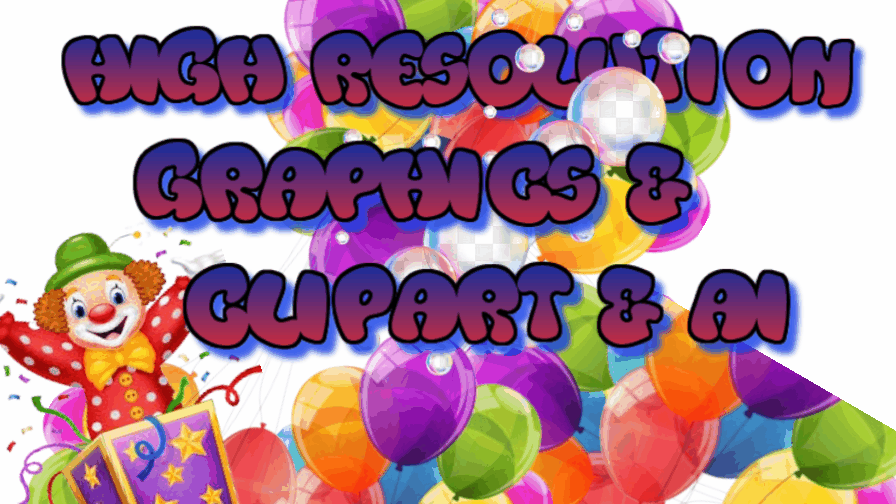'
Artificial Intelligence (AI) has been the talk of the town for quite some time now. With its increasing capabilities and advanced technology, AI has taken over various industries, from healthcare to finance to entertainment. One of the most impressive feats of AI is its ability to generate human-like content through AI generators. These generators use machine learning algorithms and natural language processing to decipher human language and produce human-like text, images, and even video.
The use of AI generators has been widely adopted in the creative industry, especially in content creation. From generating news articles to creating entire books, AI generators have made it possible for businesses to produce a large amount of content in a short period. However, the usage of AI generators has raised concerns about the future of human creativity and the potential for misuse.
As AI generators continue to evolve, one question remains - what does the future hold for AI generators? Will they continue to improve and revolutionize the creative industry, or will they surpass human capabilities and lead to a decline in the quality of content?
Advancements in AI technology have significantly improved the capabilities of AI generators. With the development of natural language generation (NLG), AI can now produce content that not only makes sense but also connects with the audience. It has proven to be a valuable asset for businesses, as they can produce a large amount of high-quality content with minimum human effort. This has led to increased productivity and cost-effectiveness for businesses, making AI generators an integral part of their content strategy.
Moreover, AI generators have the potential to provide personalized content for different audiences, depending on their preferences and behavior. This means that in the future, AI generators could create content tailored to individual needs, making it more relatable and engaging. This has significant implications for the advertising industry, where brands can reach potential customers with personalized content, increasing their chances of conversion.
The use of AI generators has also expanded to other industries, such as healthcare and education. AI-generated content can provide educational material for students and assist in medical research and diagnosis. This advancement could potentially save lives and revolutionize these industries, making AI generators an invaluable tool for progress and development.
However, as the capabilities of AI generators continue to improve, so do concerns about their potential for misuse. For instance, AI-generated content can be used to spread misinformation and fake news, leading to social and political unrest. There are also ethical concerns surrounding the use of AI, as the output of AI generators has the potential to be biased and reflect the prejudices and stereotypes present in the data it is trained on.
Another concern is the impact of AI generators on human creativity. While AI generators can produce content that resembles human-made content, they lack the human touch and emotion that makes creative work unique and authentic. The fear is that as AI generators continue to develop, the quality of human-created content may be overshadowed, leading to a decline in the demand for human creativity and expertise.
Therefore, the key to the future of AI generators lies in responsible usage. It is crucial to establish regulations and guidelines for the use of AI generators to avoid potential misuse and unethical practices. Additionally, humans must continue to oversee and review the output of AI generators to ensure the quality and credibility of the content produced.
In conclusion, the future of AI generators is promising, with their potential to revolutionize various industries and contribute to progress and development. However, it is crucial to use them responsibly and consider the potential impacts they may have on society. While AI generators can enhance human abilities, they cannot replace the creativity, emotion, and uniqueness that humans bring to the creative process. As long as there is a balance between the use of AI and human creativity, the future of AI generators is bright and full of potential.


No comments:
Post a Comment